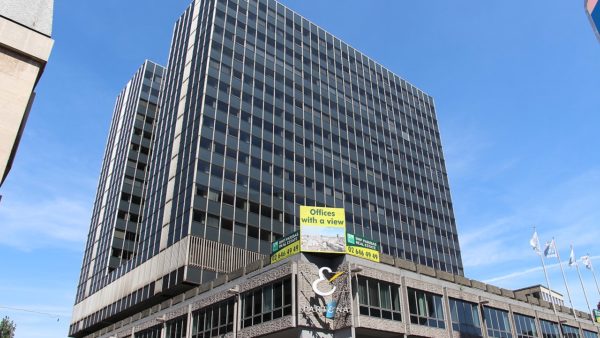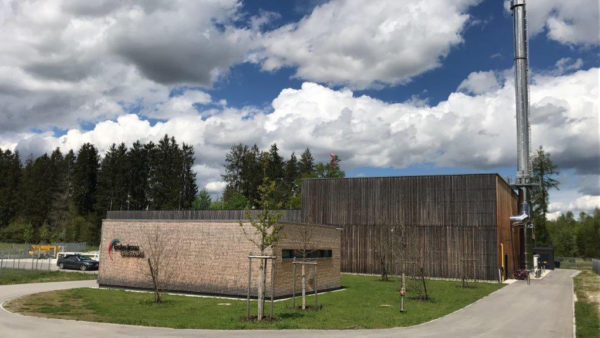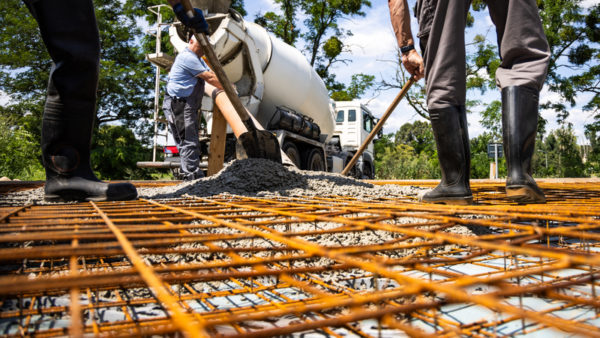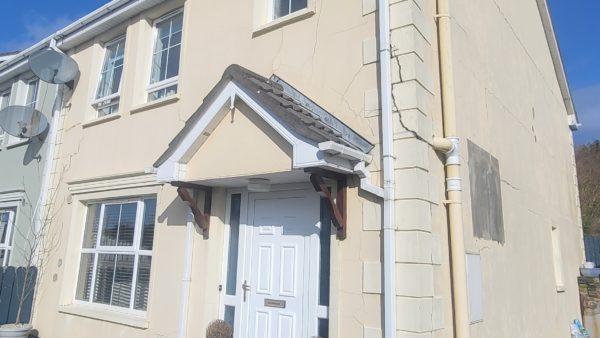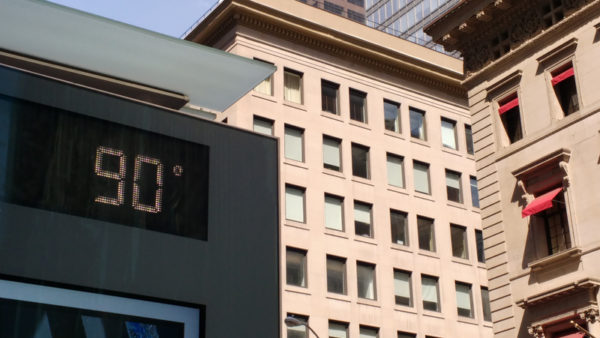With some 50 years in construction management and dispute resolution, Chris Soffe has seen a lot, but nothing like Covid-19.
Past president of the Chartered Institute of Building (CIOB), supervisory board member at Gleeds and Vice Chairman of the US operation, he believes the US industry has been “grown up” in adapting to the pandemic.
But with disputes likely to increase in number amid the fallout, he worries that existing forms of contract do not adequately account for the complex situations pandemics present to construction projects.
He is responsible for Gleeds’ new International Dispute Advisory Group, drawing in experts from around the world to advise parties facing disputes, although he insists the group was not set up to profit from conflict, but to help bring about fair and equitable solutions.
We caught up with him at the beginning of May to find out what Covid has exposed about the industry’s existing contractual frameworks.
“The word ‘pandemic’ isn’t even mentioned’
“Covid really was a once-in-a-generation occurrence, and I think the industry overall has responded very well, being grown up and dealing with it because, as we’ve discovered, many contracts don’t address pandemics very well in terms of resolutions, risk allocation and available remedies,” he said.
“Contracts will be looked at hard over the coming years and this will have to be factored in because this probably isn’t going to be the last pandemic.”
He said big questions remain over compensability and excusability (for extended delivery) in pandemic situations. Untested still is whether, if you’re going to be late, you can get more time and be let off the hook for liquidated and ascertained damages. And, if you’re going to be late, can you also get the full suite of overheads to cover you as well?
“Those are the key issues that seem to arise, and different contracts address them differently, so there’s inconsistency among FIDIC, the AIA and the JCT. Often the word ‘pandemic’ isn’t even mentioned,” he said.
“At the start of the pandemic you saw a lot of analysis saying it fell into a force majeure situation, but then as things went on, you had clients just shutting sites down because they thought they should, but if they were in an area where it wasn’t mandated by local authorities, they could be hit with an interference claim, which involves time and money. So there were a lot of complexities, and it varied from state to state. There isn’t one solution.
“I’d like to see contracts address declarations of pandemics explicitly and allocate risk fairly, keeping compensability and excusability in mind. Some big claims are still playing out in courts, so we’ll have to wait and see how particular contracts are tested in relation to the pandemic, assuming parties elect to fight it out through the courts.”
Cool heads in the US
From a contractual point of view, the situation was made more complex in the US by the country’s enormous patchwork of regulatory regimes.
“You had various, vague shutdowns called by city, county and state governments, sometimes clashing with each other, with a not particularly clear regulatory regime,” Soffe said, adding that the federal government also stepped back and played hands-off, which failed to give clarity.
“Maybe because of that, somewhat surprisingly, the response of the sector here in the US has not been very litigious. On many projects, teams sat down, rolled up their sleeves and hammered out agreements. Most people over here know disputes cost so much money when they get going.
“In one project we worked on, where there were delays and material shortages, the team got round the table and agreed the contractor could have several more weeks, but not more money. A lot of people adopted that solution, which made sense because nobody had been subjected to this situation before.”
“There are different cultures around the world when it comes to disputes. In the Middle East, Covid exacerbated an already quite litigious culture. In South America, especially in Peru where we have a significant assignment, it seems they always want to have a skirmish at the end of a project!”
More on the way …
Meanwhile, the industry is bracing for more claims, post-pandemic. Gleeds surveyed UK professionals in April and responses showed that 54% of respondents expected a greater number of contractual disputes coming up, with some 80% stating that time was the dominant issue.
“That’s why we set up the International Dispute Advisory Group, not to chase claims but to try and resolve them, to help sort the situation out and allow the industry to move on,” he said. “We very much believe that both parties should try and be fair and reasonable and not use Covid as a pretext to further their interests.”
He said Gleeds had been thinking about setting up the International Dispute Advisory Group before the pandemic, but that Covid accelerated its establishment.
“For years we’ve had Gleeds people working on significant disputes all over the world, but in silos. The whole Zoom/Teams phenomenon helped us unite and exchange ideas and share resources. It happened in other disciplines, too, like project management and cost management.
Uncertain future
Soffe believes the pandemic showed the industry to be considerably more resilient than many projected at the outset.
“We knuckled down, figured out how to work the sites, how to get materials in, social distancing, and testing.”
But looking ahead, it’s far too early to tell what the future holds for Covid and construction, Soffe says.
“India and Brazil tell us the pandemic is far from over. Here in the US, the first good vaccination push is slowing down because we’re coming to the end of the people who want to be vaccinated and we’re getting to the sizeable chunk of the population who don’t. So Covid will continue affecting how we organise sites and offices. We’re following the Center for Disease Control’s guidelines on how to organise events and offices for both vaccinated and unvaccinated groups, and it’s quite complex.”
And that’s not the only complexity.
“One thing that interests me more broadly is the potential for climate change to be leading cause of disputes, based on the principle of ‘polluter pays’,” he said. “Will climate-related disasters be seen as acts of god, or acts of people? Think of the fires that ripped through California and South Western Australia. Plenty of active construction projects will have been halted and severely impacted because of them. Then there are hurricanes, tsunamis and more tornadoes to consider.”
Image: Uncertainty in the age of pandemics (Tandem X Visuals/Unsplash)


